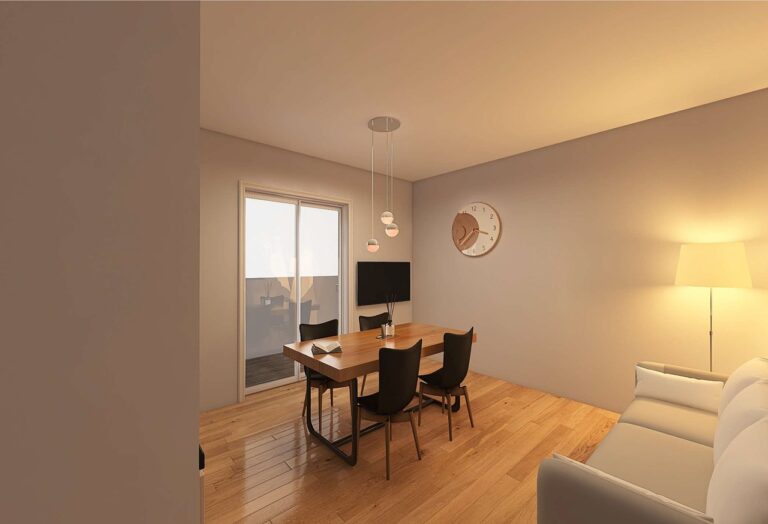Evaluating Home Accessibility Certification Programs: 11xplay online, Indian 24bet, Skyinplay login
11xplay online, indian 24bet, skyinplay login: Evaluating Home Accessibility Certification Programs
When it comes to making your home more accessible, whether for yourself, a family member, or a friend with mobility challenges, it’s essential to ensure that the modifications are done correctly and safely. That’s where home accessibility certification programs come into play. These programs can provide you with the knowledge and expertise needed to make your home more accessible for everyone. However, not all certification programs are created equal. Here are some key factors to consider when evaluating home accessibility certification programs.
1. Accreditation
One of the first things to look for when evaluating a home accessibility certification program is accreditation. Accreditation ensures that the program meets certain standards of quality and has been reviewed by a third party. Look for programs that are accredited by reputable organizations in the field of accessibility and home modifications.
2. Curriculum
Another important factor to consider is the curriculum of the certification program. Make sure that the program covers all the essential topics related to making homes more accessible, such as universal design principles, ADA guidelines, and specific modifications for different types of disabilities.
3. Instructor Qualifications
The qualifications of the instructors leading the certification program are also crucial. Make sure that the instructors are experienced professionals in the field of accessibility and home modifications. They should have the knowledge and expertise to provide you with valuable insights and practical skills.
4. Hands-on Training
Hands-on training is essential when it comes to learning how to make homes more accessible. Look for certification programs that offer hands-on training opportunities, such as home visits or practical workshops. This will give you the chance to apply your knowledge in real-life situations.
5. Resources
Check if the certification program provides you with resources and tools to support your learning. These could include manuals, guides, templates, or access to online platforms where you can find additional information and resources related to home accessibility.
6. Cost
Finally, consider the cost of the certification program. While you want to ensure that you’re getting value for your money, be wary of programs that seem too expensive or too cheap. Look for programs that offer a good balance between cost and value.
FAQs
Q: Do I need to have prior experience in home modifications to enroll in a certification program?
A: No, most certification programs are designed for individuals with varying levels of experience, from beginners to seasoned professionals.
Q: How long does it take to complete a home accessibility certification program?
A: The duration of the program can vary depending on the provider. Some programs can be completed in a few days, while others may take several weeks or months.
Q: Will a home accessibility certification program guarantee that I will be able to make my home more accessible?
A: While a certification program can provide you with the knowledge and skills needed, the success of your modifications will also depend on factors such as your resources, the specific needs of the individual, and the layout of your home.
In conclusion, evaluating home accessibility certification programs requires careful consideration of factors such as accreditation, curriculum, instructor qualifications, hands-on training, resources, and cost. By choosing a reputable and comprehensive program, you can gain the knowledge and skills needed to make your home more accessible for everyone.







